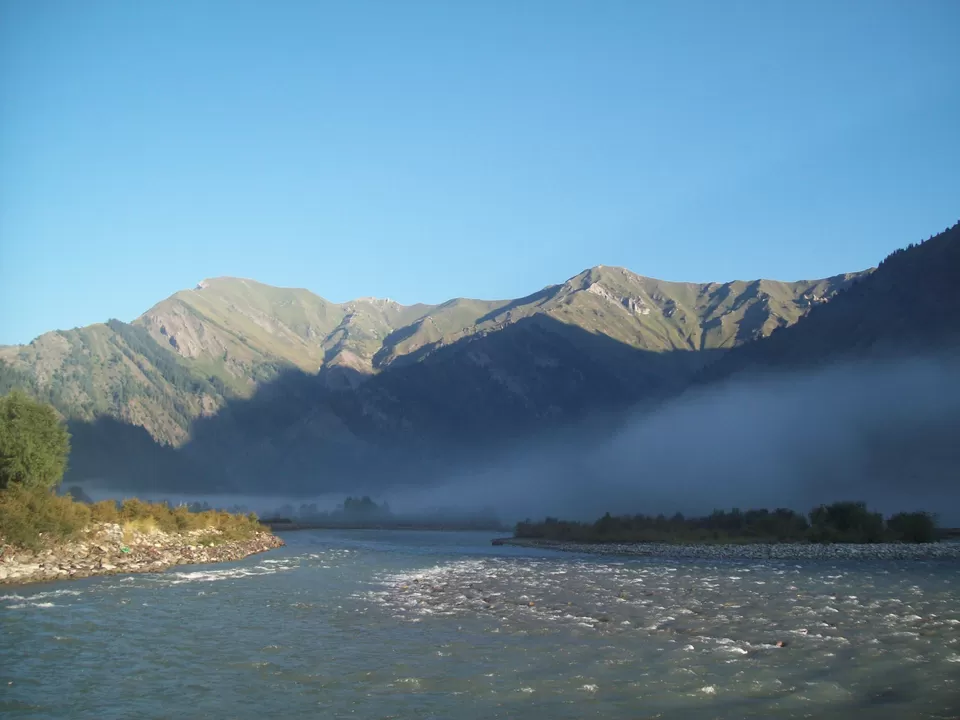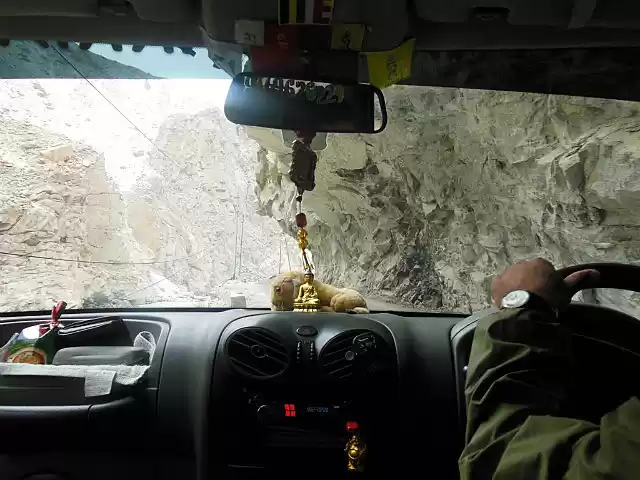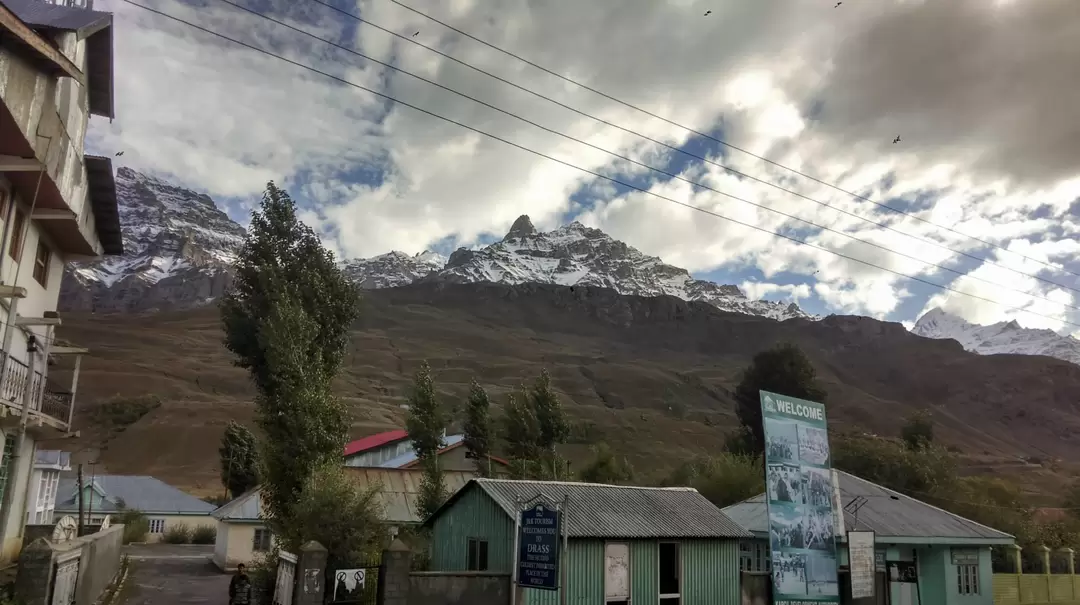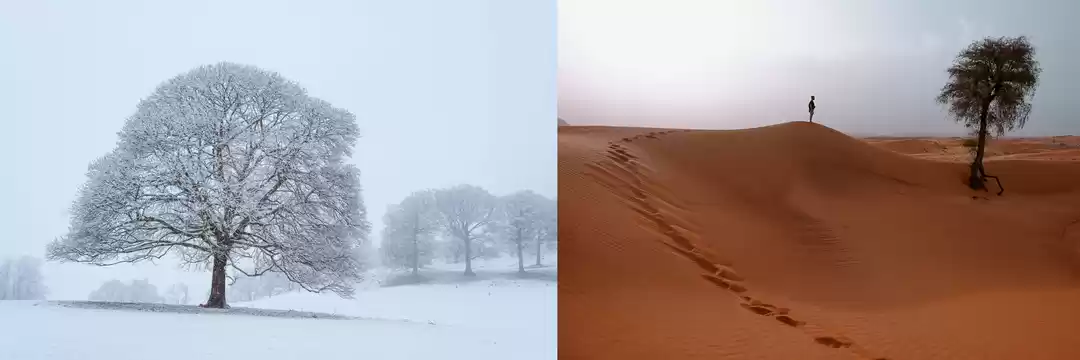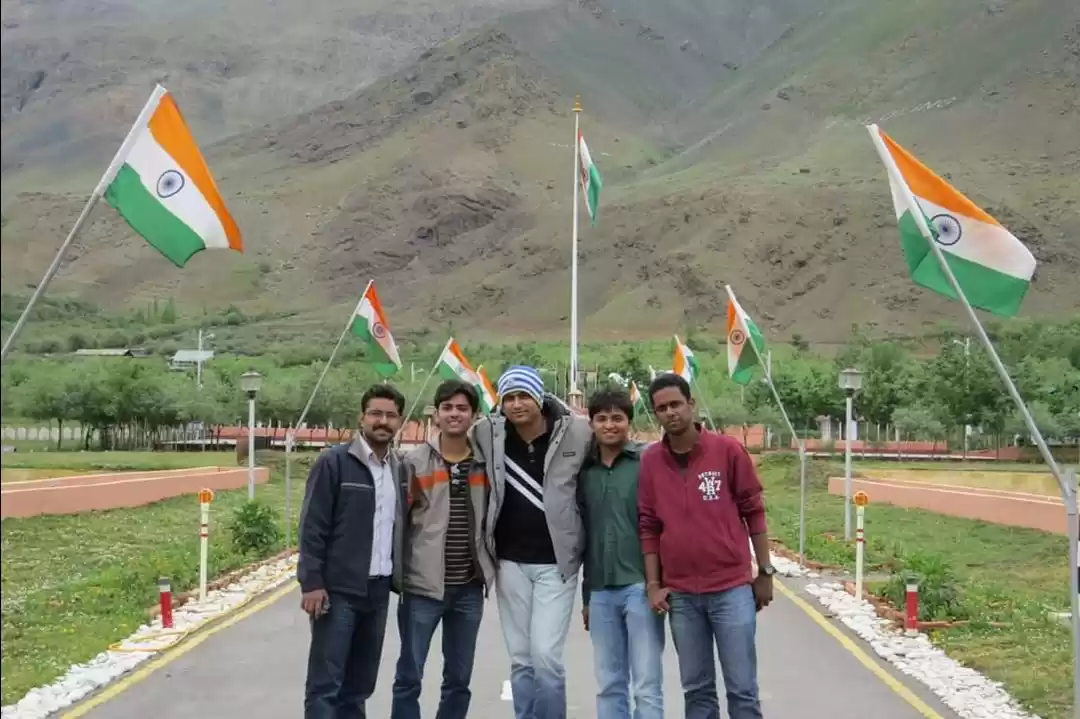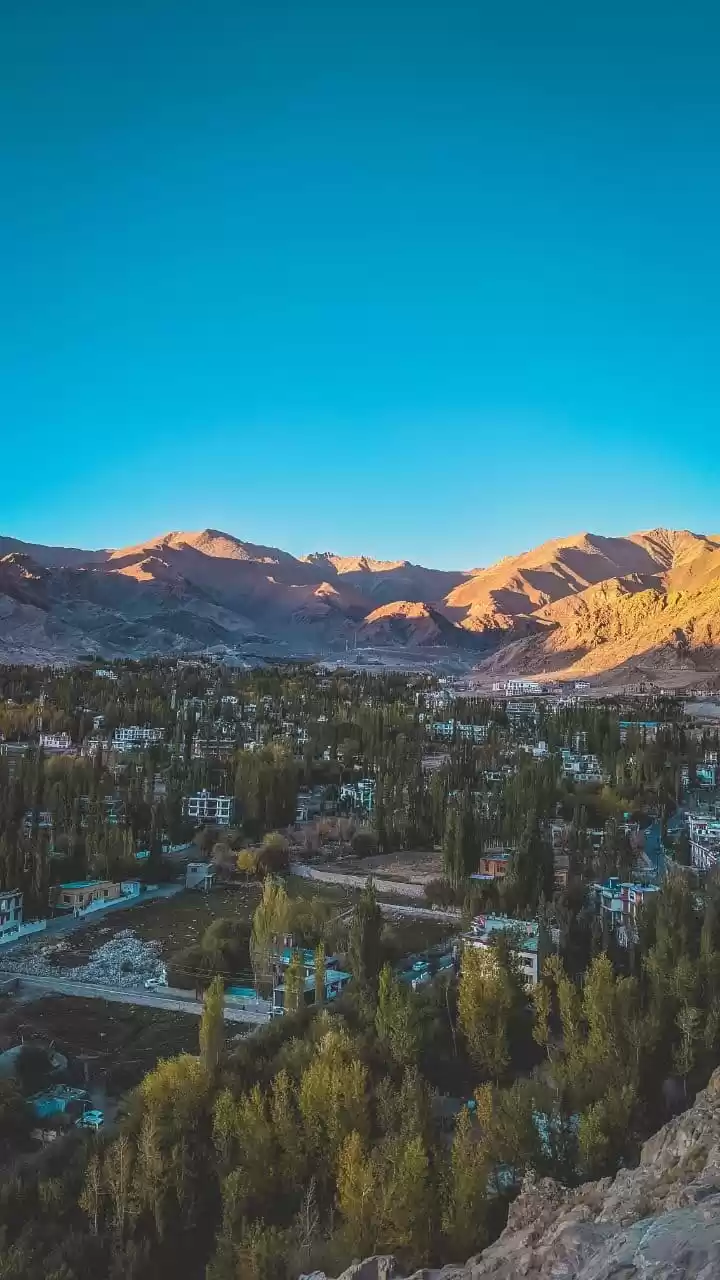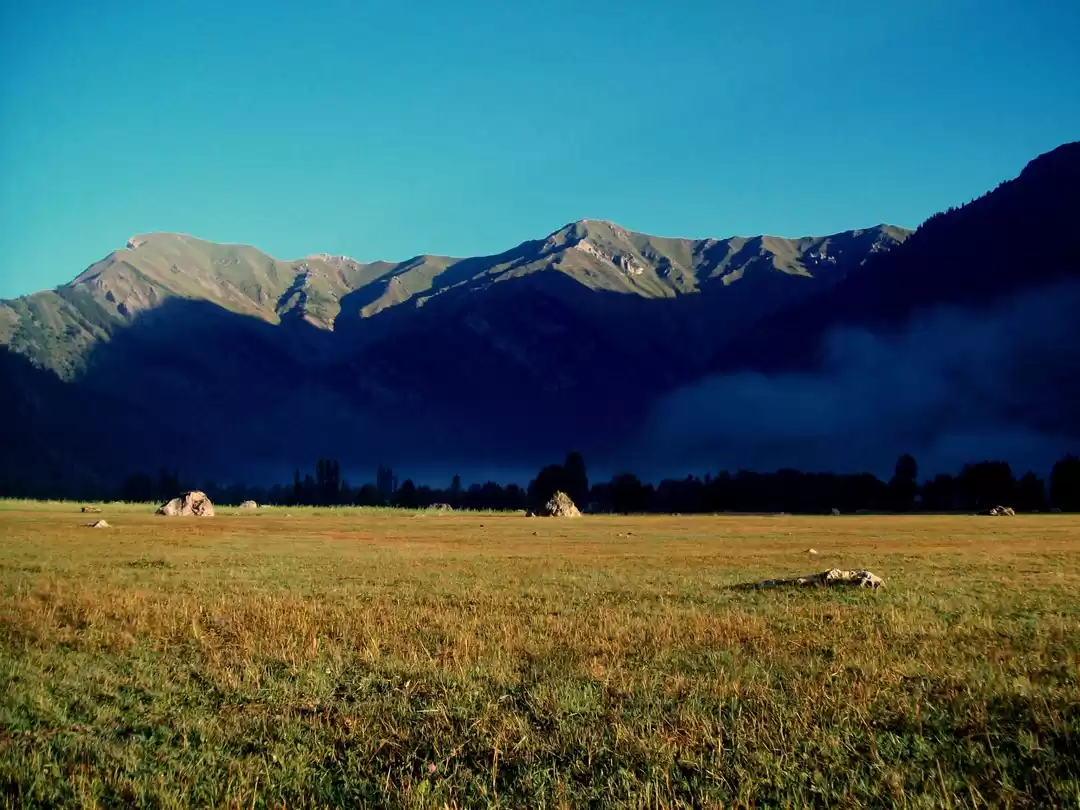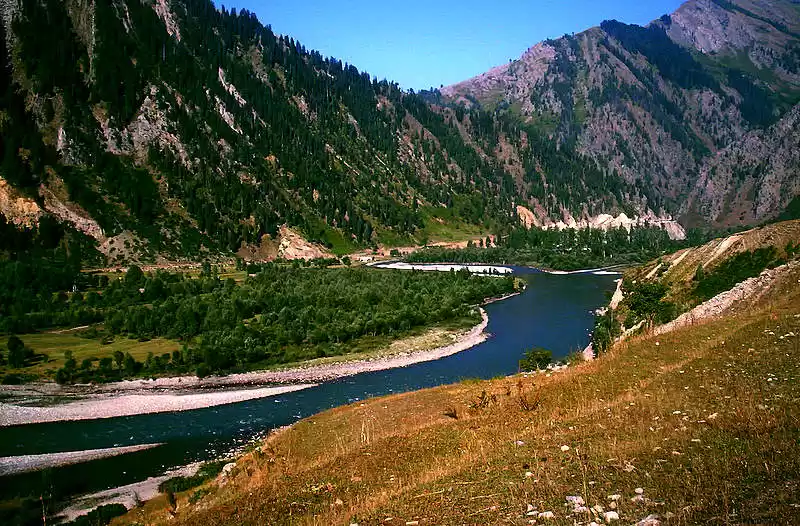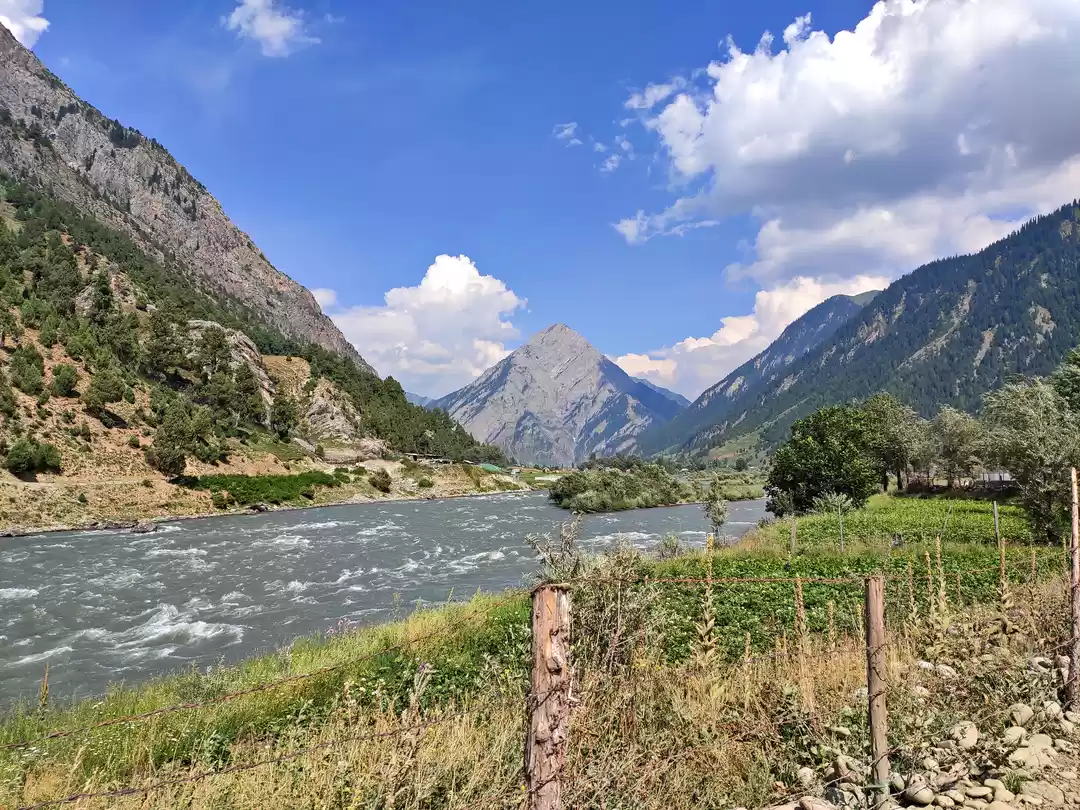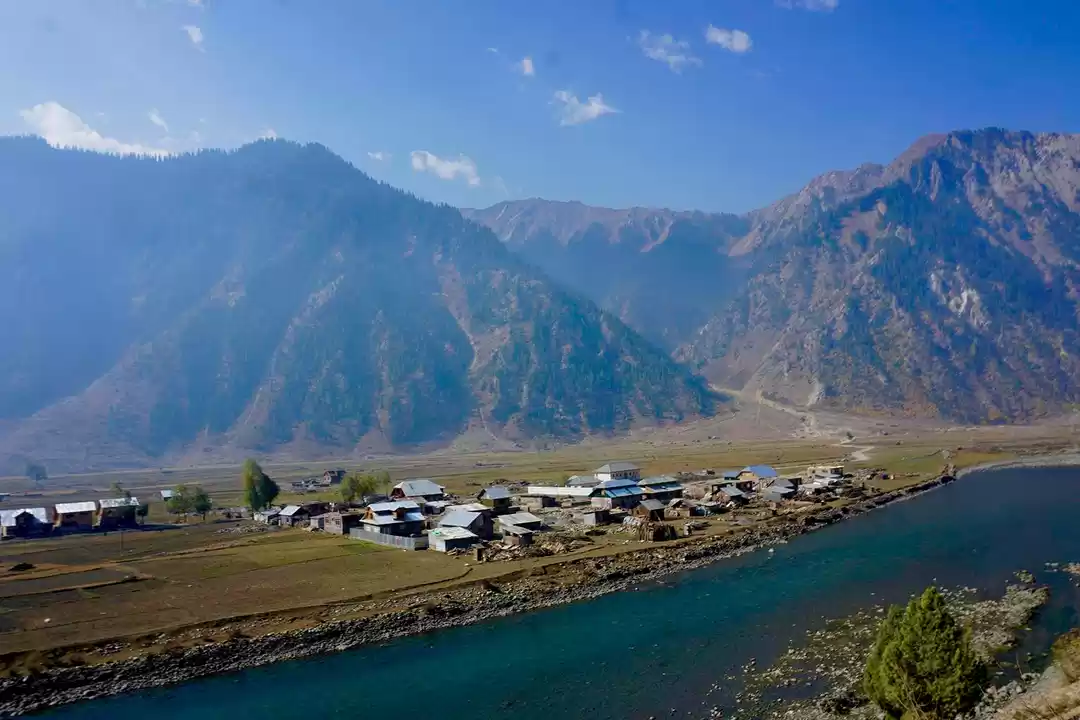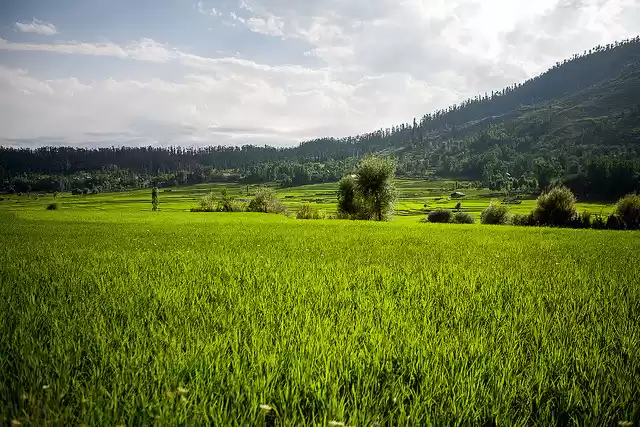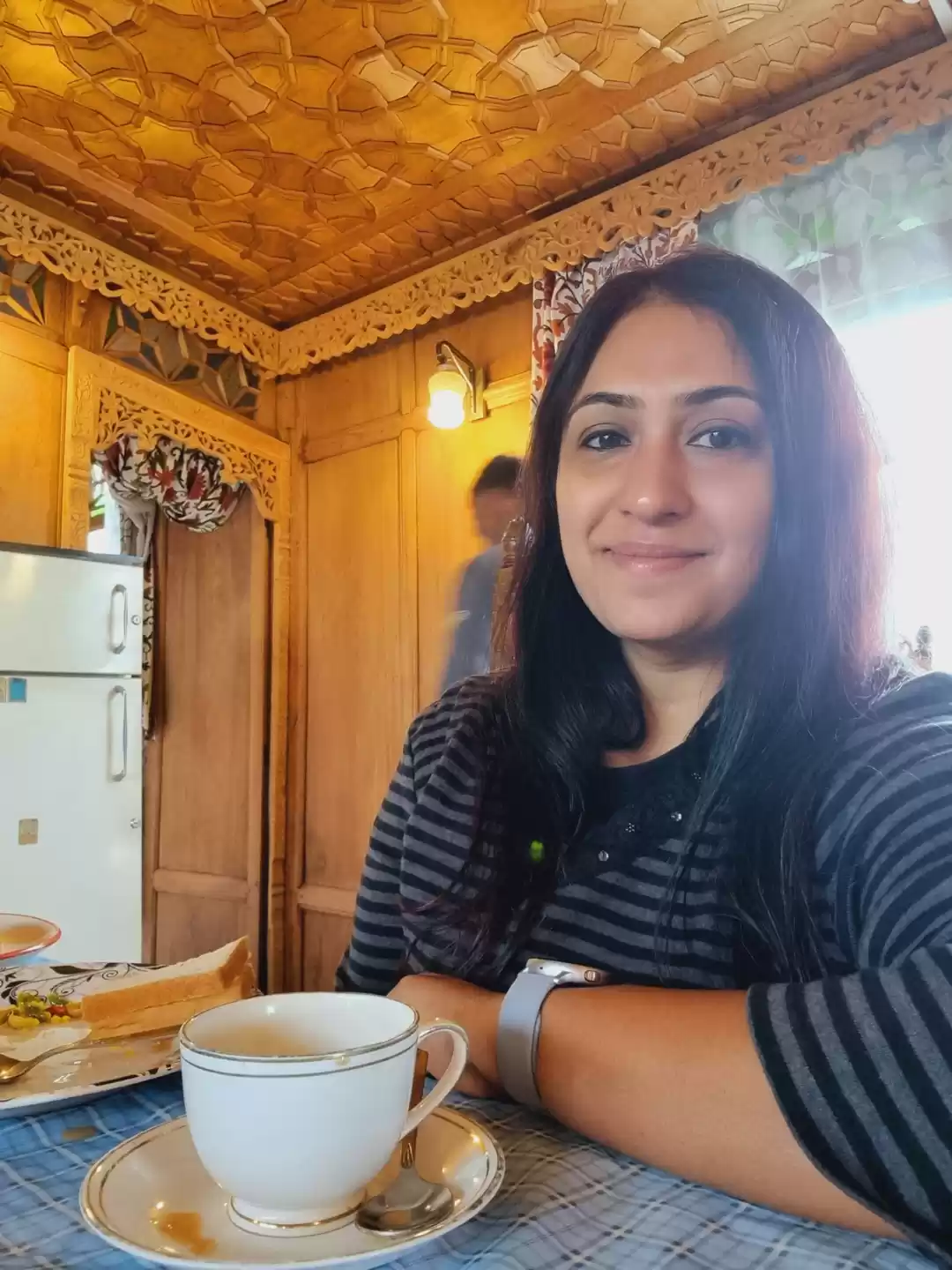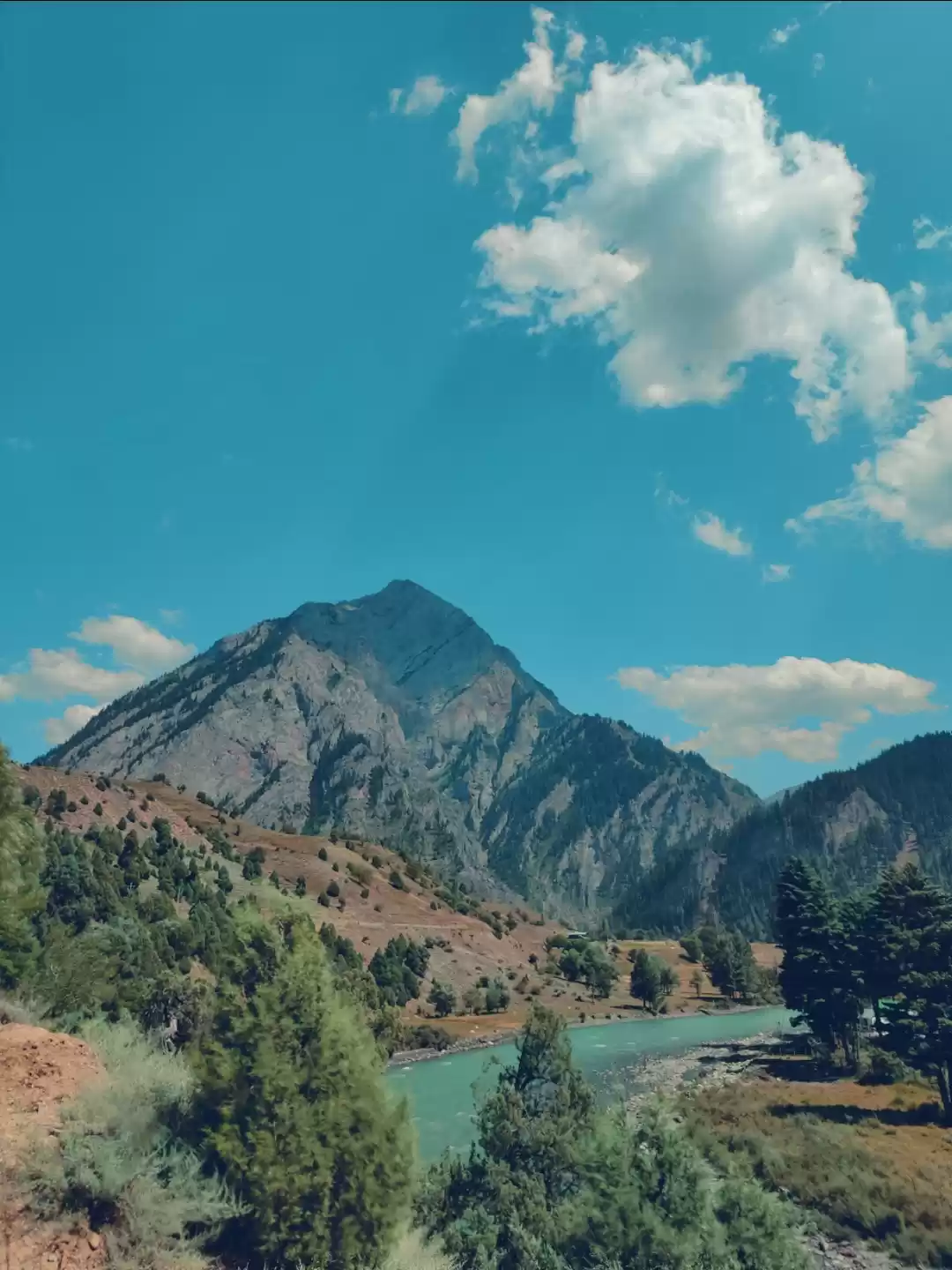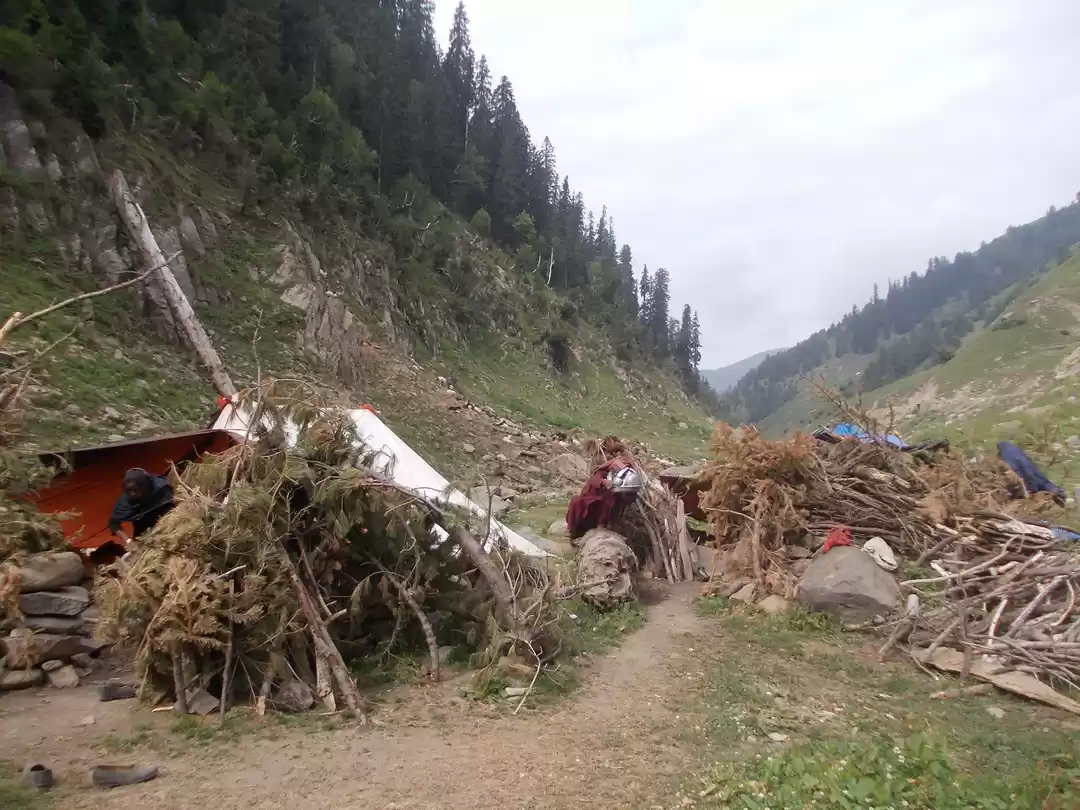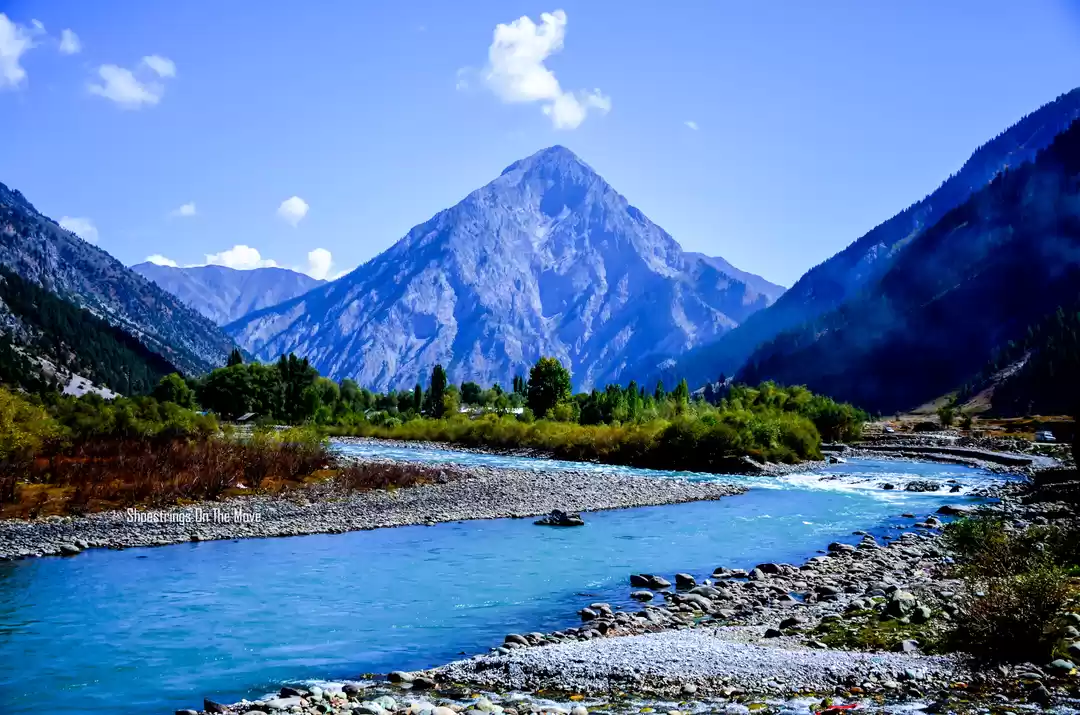


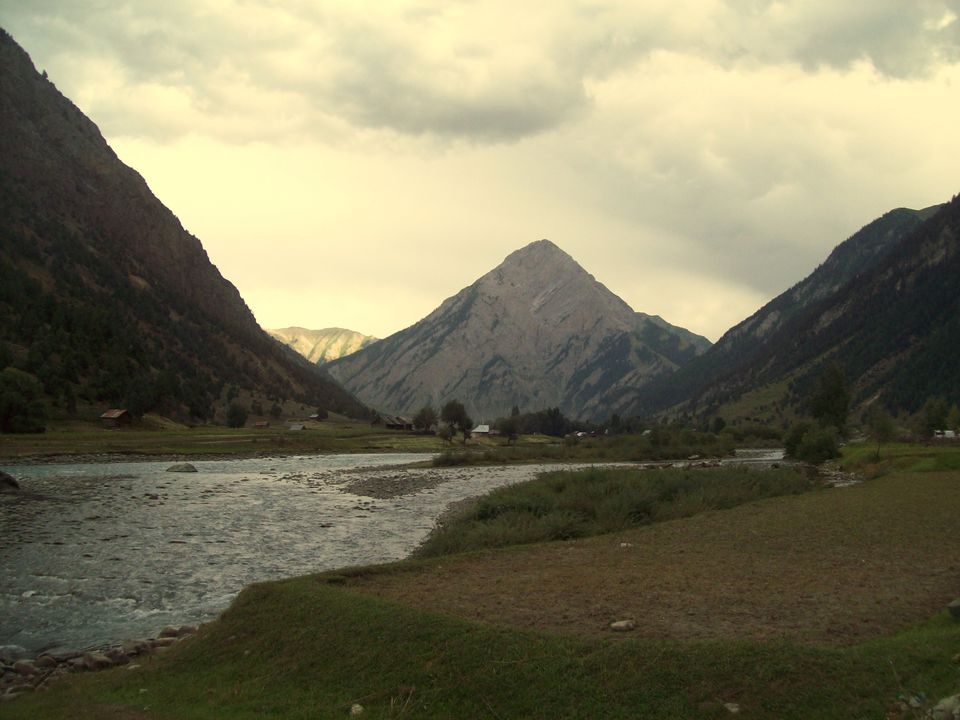
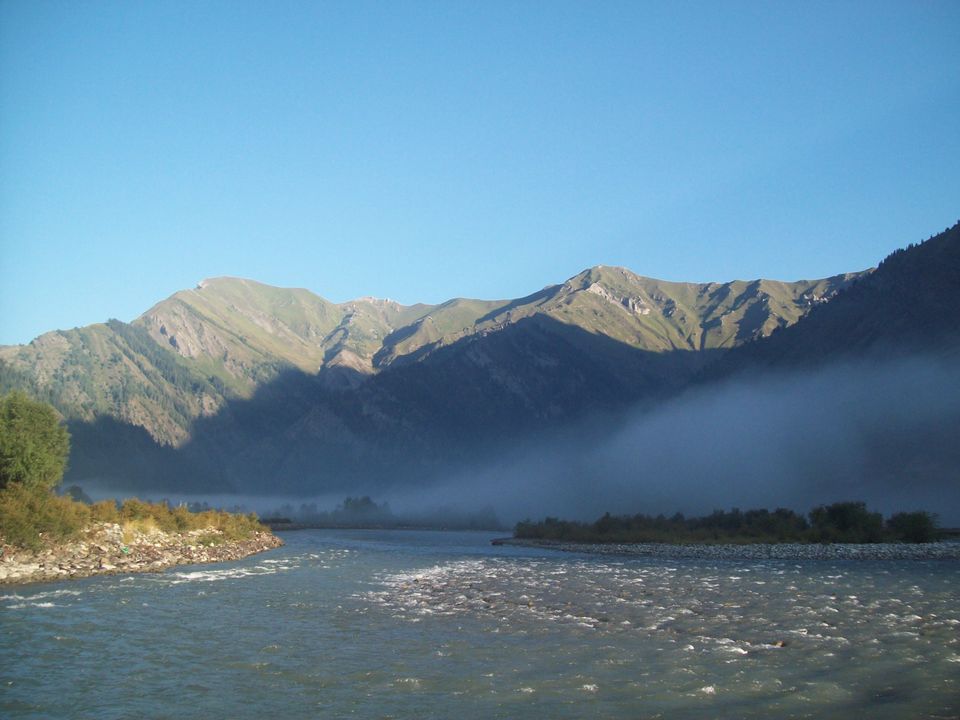
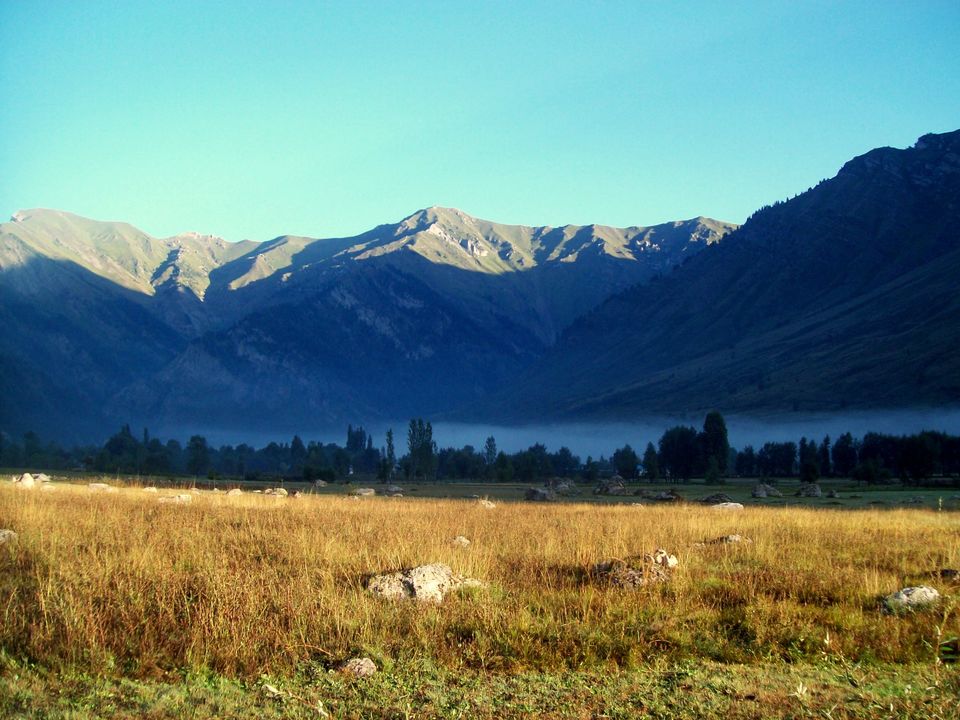
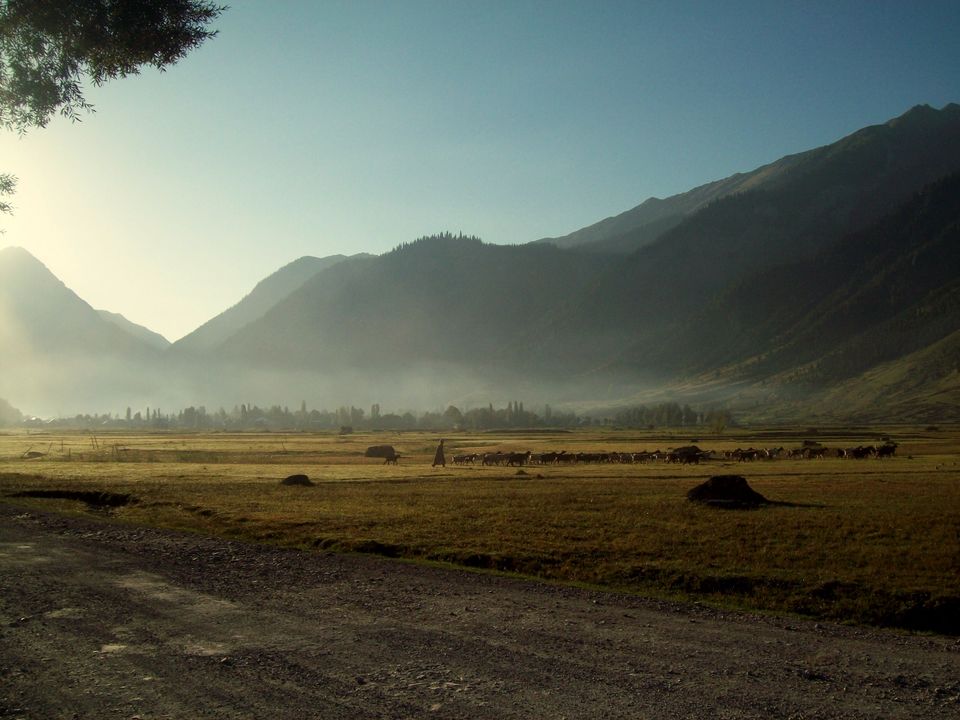

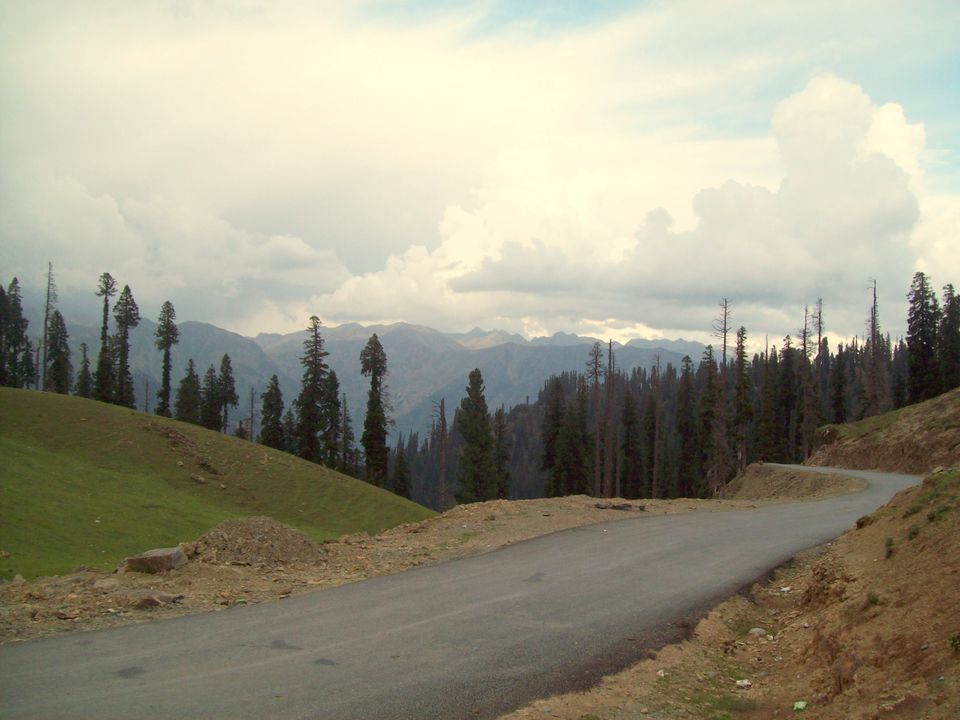

The captivating beauty of Kashmir valley could not be described in words, yet the valley is known to us as heaven on earth and so goes the famous quote “agar firdaus ba ruay zami ast, ami asto, ami asto, ami ast” (If there is a paradise on earth, It is this, it is this, it is this ) Every year, travelers from across the world visit Kashmir to be part of the concept of Kashmir. Being born and brought-up in the hills of Jammu and Himachal, I've always had affection for Kashmir.
A spontaneous, unplanned solo trip to Srinagar took me further to Gurez which was nowhere on my mind when I had set my sail, and to my fascination, it is one of the beautiful amalgamation of mountains, valley and a river. Gurez is a valley deep located in the high Himalayas, about 86 km from Bandipore/Bandipura and 133 km from Srinagar in northern part of Jammu and Kashmir. Before going into the details, setting the historical background, Gurez was part of ancient Dardistan, stretching from Sharada Peeth in the west, Minimarg in the north, Drass the east, and Baghtor in the south. The Gurez Valley falls along the section of the ancient Silk Route, which connected the Kashmir Valley with Gilgit continuing further to Kashgar. At present, the valley lies just below the Line of Control between India and Pakistan. Both, India and Pakistan have their forward posts at the ridges of the mountain chain. As you enter the site of the Dam under construction on the river Kishanganga, you drive along the barbed wire India has raised to curb infiltration attempts.
Travel Details and Stay:
The access to Gurez runs through Bandipura and Razdhan Pass. The road connecting Bandipura with Srinagar is good for self drive. The 86 km drive from Bandipura to Gurez takes around 4 to 4.5 hours, and you need to have experience of driving in the hills if you plan to take your own vehicle. There is frequent share taxi service (mostly Tata Sumos) which charge around 250 rupees for one way. The pass is open for transport in May and officially closed for traffic by mid November, depending on the weather conditions, it could be earlier. The valley remains cut-off for the entire winter and most of the residents move to Bandipura. There is a newly installed ATM by the Jammu and Kashmir Bank at Gurez, but carry cash from Srinagar or Bandipura. The Jammu and Kashmir Tourism Development Corporation (JKTDC) has set up a hotel which could be booked for lodging at Dawar, the township of Gurez Valley. There are a couple of eating joints at Dawar. I did not try any of them, as I was residing at a rest house which had a cook. The Gurez valley is heavily militarized and you would be stopped many a times along your drive for identity checks, so carry your identity cards and cooperate with the security personnel.
Places to Visit:
“Habba Khatoon” mountain peak is the central attraction of the valley, named after the famous kashmiri poetess. As the sun rises, you can witness the mountain peak in different shades as sun rays cut across the mountain ranges. I would suggest the travellers to take a walk down the town in the morning and experience the most beautiful sunrise as mist over Kishanganga sparkles when sun rays brighten the valley. The mountain peaks are simply spectacular with a clear blue sky in the background. There is no specific place to visit, but spending some alone time with nature and absence of mobile network ensures that your batteries are completely charged. The mesmerising beauty of the region is beyond words as you cross the Razdhan Pass. Everything along the way is splendid, the hamlets, the formations on mountain slopes made by the melting snow, the deodar forests or the mountains turned golden by the sun rays.
Travel Precautions:
The road tests your driving skills with sharp turns and hairpin bends. If you are driving on your own, fuel your tank up from Srinagar. BSNL is the only mobile service provider in the region. Do carry sufficient cash from Srinagar or Bandipura, as ATM at Gurez might be out of order or out of cash. Do not forget to carry woollens and jacket as mornings and evenings might get very cold, even during summer. Anytime between June-September is ideal to visit Gurez.
As peace returns to the Kashmir valley, I hope Gurez will attract travellers who really want to explore places which have remained untouched. Along the course of time, the infrastructure will improve, but the beauty of Gurez valley lies in the rawness and difficulty of access. As the construction of dam for hydroelectricity would be complete in a couple of years from now, some areas of the valley will submerge. Do visit the place before the treasure of incredible beauty submerges deep under our need of energy and development. To bring an end to the write-up, I have a few lines: “Life is a blend of many fragrances; we like some we hate some. Life teaches us many lessons; we learn some we forget some. Life gives us many opportunities; we catch some we drop some. Life offers us many ways; we travel some we avoid some”. Gurez is definitely not the way you should avoid. Just drive down this road less travelled.
Gurez is a valley located deep in the high Himalayas, about 86 km from Bandipore/Bandipura and 133 km from Srinagar in northern part of Jammu and Kashmir. Gurez was part of ancient Dardistan, stretching from Sharada Peeth in the west, Minimarg in the north, Drass the east, and Baghtor in the south. The Gurez Valley falls along the section of the ancient Silk Route, which connected the Kashmir Valley with Gilgit continuing further to Kashgar.
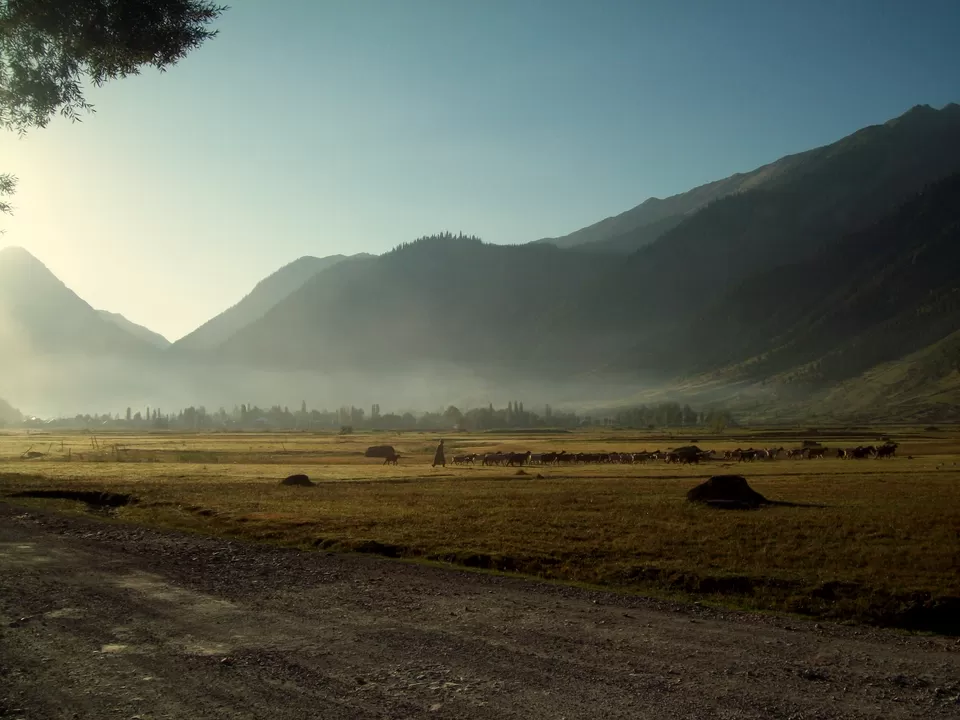
Located on the banks of Wular lake (biggest freshwater lake in Asia), Bandipura is divided into three tehsils. Famous for its Forest Training and Research Institute, the town is close to Mt. Harmukh and is a good point to arrange transportation to the mountain.

The Jammu and Kashmir Tourism Development Corporation (JKTDC) has set up a hotel which could be booked for lodging at Dawar, the township of Gurez Valley.

Also called the Neelum River, it originates from Krishansar Lake and making its way through Badoab village runs until it meets the Jhelum River. Construction of a dam on the river is underway which will submerge parts of the Gurez Valley.
